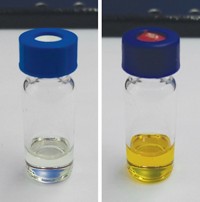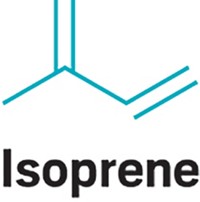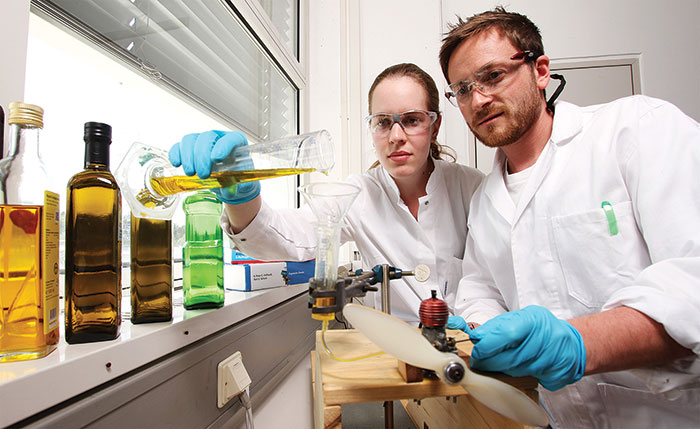Advertisement
Grab your lab coat. Let's get started
Welcome!
Welcome!
Create an account below to get 6 C&EN articles per month, receive newsletters and more - all free.
It seems this is your first time logging in online. Please enter the following information to continue.
As an ACS member you automatically get access to this site. All we need is few more details to create your reading experience.
Not you? Sign in with a different account.
Not you? Sign in with a different account.
ERROR 1
ERROR 1
ERROR 2
ERROR 2
ERROR 2
ERROR 2
ERROR 2
Password and Confirm password must match.
If you have an ACS member number, please enter it here so we can link this account to your membership. (optional)
ERROR 2
ACS values your privacy. By submitting your information, you are gaining access to C&EN and subscribing to our weekly newsletter. We use the information you provide to make your reading experience better, and we will never sell your data to third party members.
Environment
High-Octane Biogasoline
Three-step, high-yield process makes branched alkanes from a common biobased feedstock, which could hasten the advent of renewable gasoline
by Craig Bettenhausen
February 10, 2014
| A version of this story appeared in
Volume 92, Issue 6

Gasoline made from biomass may be one step closer to the pump, thanks to a sequence of reactions that for the first time yields branched alkanes when starting from a biobased chemical feedstock. Short to medium-length branched alkanes are crucial components of gasoline because they allow the fuel to combust smoothly and predictably, a property measured by the octane rating. Current biofuel production methods mostly make linear alkanes, which don’t provide a sufficient octane rating for standard gasoline engines, although the longer alkanes produced are useful for diesel fuel or jet fuel. Mark Mascal and coworkers at the University of California, Davis, optimized two known catalytic reactions and developed a third to assemble a process (major products shown) that converts levulinic acid—a popular biofeedstock—to desirable branched C7 to C10 alkanes (Angew. Chem. Int. Ed. 2014, DOI: 10.1002/anie.201308143). “Levulinic acid can be derived directly from raw biomass in about 80% yield,” Mascal explains, so “field-to-tank yields of cellulosic gasoline of greater than 60% are achievable by this approach.” The future of biogasoline still depends on competition from petroleum and the availability of biomass to produce levulinic acid.





Join the conversation
Contact the reporter
Submit a Letter to the Editor for publication
Engage with us on Twitter